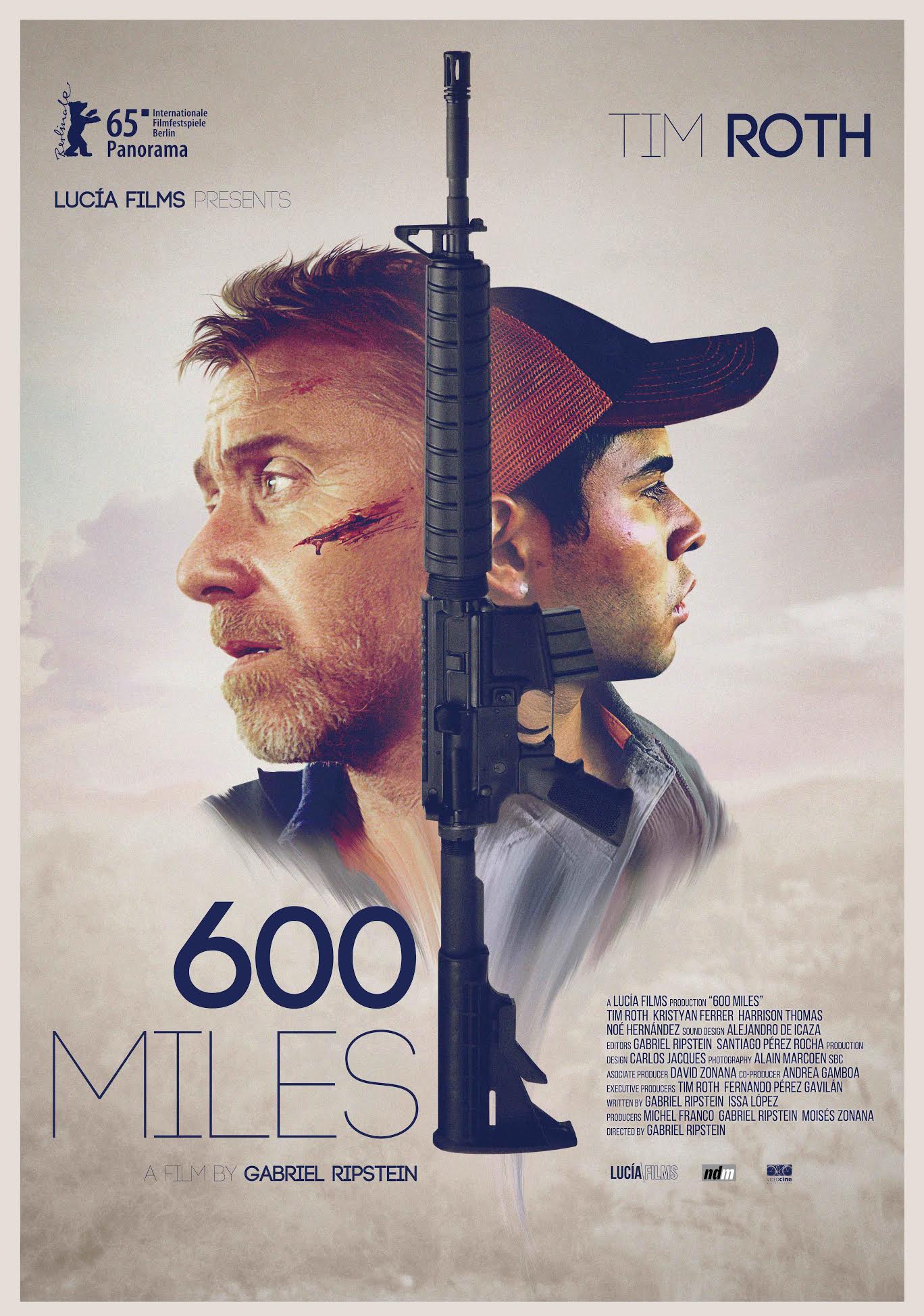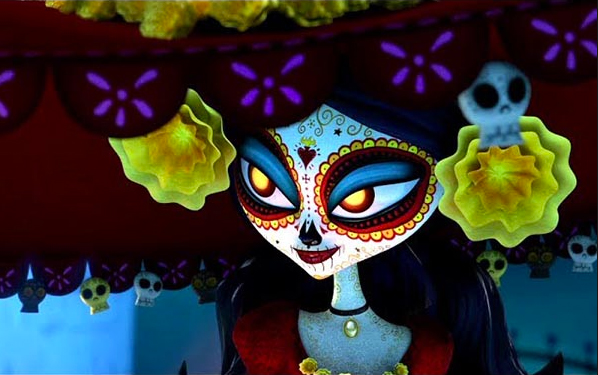Interview: Director Gabriel Ripstein on Mexican Oscar Submission '600 Miles', and Working with Tim Roth
 Tuesday, December 8, 2015 at 8:46AM
Tuesday, December 8, 2015 at 8:46AM  Jose here. I spoke to 600 Miles director Gabriel Ripstein minutes after an earthquake hit Mexico City on November 23rd and unexpectedly became the bearer of bad news when I asked him if his family was alright. Mr. Ripstein wasn’t aware there’d been an earthquake, but calmly added “no news is good news”. His serene demeanor reminded me of the tone of his film, a weapon-trafficking tale which could’ve easily become a sensationalist drama, but instead goes for an understated, thoughtful approach. The film stars Tim Roth as an American ATF agent who is kidnapped by a Mexican weapons smuggler played by Kristyan Ferrer (who audiences will know from Sin Nombre).
Jose here. I spoke to 600 Miles director Gabriel Ripstein minutes after an earthquake hit Mexico City on November 23rd and unexpectedly became the bearer of bad news when I asked him if his family was alright. Mr. Ripstein wasn’t aware there’d been an earthquake, but calmly added “no news is good news”. His serene demeanor reminded me of the tone of his film, a weapon-trafficking tale which could’ve easily become a sensationalist drama, but instead goes for an understated, thoughtful approach. The film stars Tim Roth as an American ATF agent who is kidnapped by a Mexican weapons smuggler played by Kristyan Ferrer (who audiences will know from Sin Nombre).
Ripstein allows his actors to revel in the humanity of these characters and delivers a film that goes beyond “odd couple” clichés, to comment on an issue that doesn’t get as much coverage as the war on drugs or terrorism. Because of its confident pacing and bold mise-en-scene, one wouldn’t guess from watching the film, that it also happens to be Ripstein’s directorial debut (it won the award for Best First Feature at the Berlinale), and yet, the first time filmmaker impressed members of the Mexican Film Academy so much that they submitted his film as their Oscar entry. I spoke to Ripstein about working with Roth, the incredible cinematic legacy of his family, and what an Oscar nomination might mean for his career.
Read the interview after the jump...
 Gabriel Ripstein,
Gabriel Ripstein,  Mexico,
Mexico,  Tim Roth,
Tim Roth,  foreign films,
foreign films,  interview
interview 










